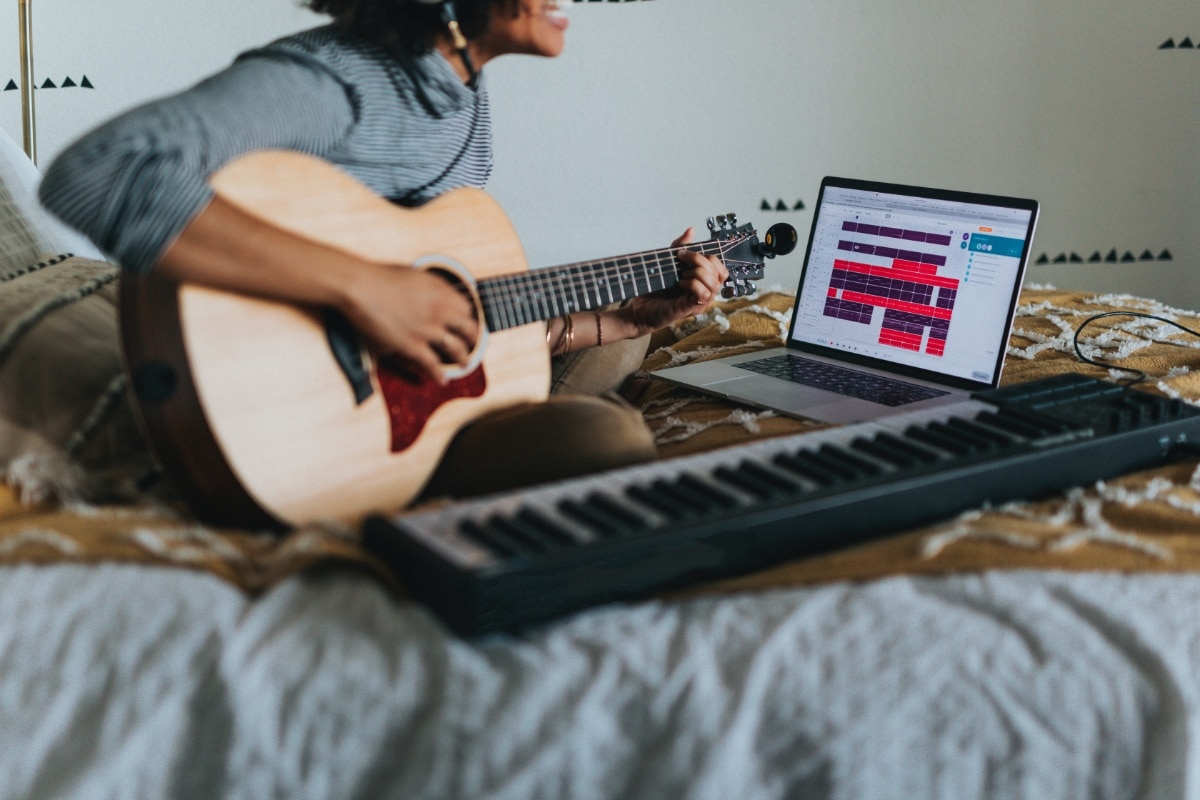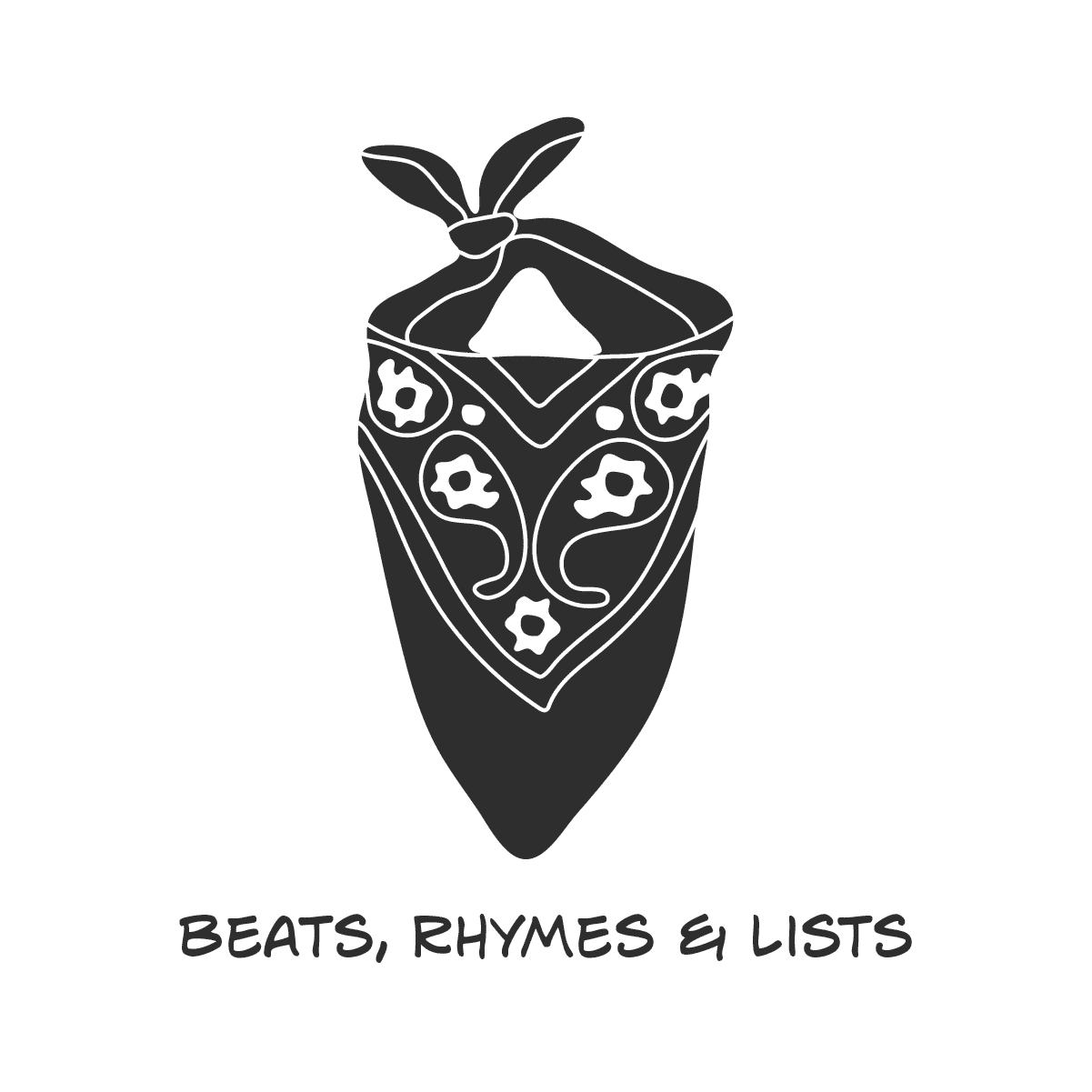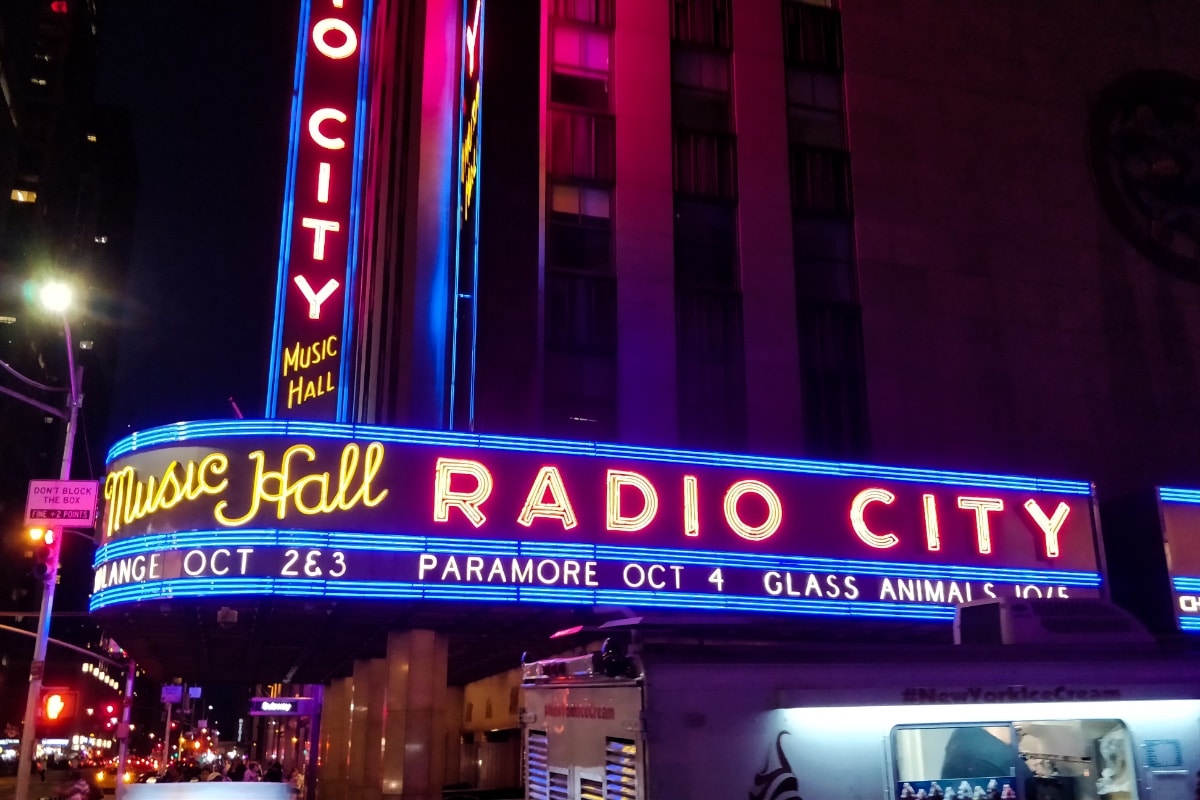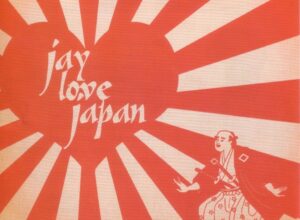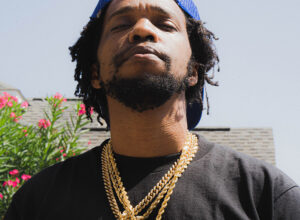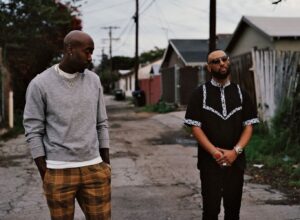For many independent rappers, the actual administrative side of the music business can be a lot harder to appreciate and understand than the music side of things.
That’s just a given – creative people are naturally going to steer towards the creative aspects of the music industry.
You might be a really talented artist, but if you can’t dance with the demands of the music licensing side of things then you will definitely struggle.
Similar to understanding the ins-and-outs of music publishing, licensing is absolutely something all indie artists need to get their head around.
If you are worried this will be the prohibitive action that stops you from moving forward with your career, take a read through this article. We’re going to break down the main things you need to understand about licensing.
What is music licensing?
It obviously helps to know the future of what you intend to get involved with, and music licensing is all about the future.
It’s the process of going through the rights, the campaigns and the tools needed to make sure your music is being used in movies, TV shows, commercials and everything else you can think of. In short, licensing allows you to get your name out there and let people hear the quality of service you are offering.
The very first steps that you need to take with music licensing is all about getting registered, preferably with one of ASCAP or SESAC.
ASCAP is the most commonly chosen group so if you want to stay on the right track this is the way to go. All this takes is $60 to get setup, so it’s a piece of cake to get prepared for your registration.
The big problem is that many people try and get licensed without registration; this is more or less impossible and also a bit of a legal minefield. To avoid having to deal with this, uh, “charming” side of the music industry you should get registered as soon as you possibly can.
How independent artists can get licensed
Once you have signed up and register, you might think it’s all going to be printing money and parties from here on in. Unfortunately it’s not – registering is just the first part of the process.
Instead you have to be ready to either sign up with a database or with an agent. From there the agency or the database gives you access to people who might be interested in using your material.
However, you can do both in this instance – and it’s something that we highly recommend. Both have their drawbacks and their positives but you will find that having a mixture of both is the best bet for success. It also helps you maximize revenue streams and to make sure that you have as big a chance as possible of finding some good quality help.
An agent will typically have far more qualified and profitable friends to turn to than a normal database, but a database can be easier to get involved with. Databases also help you get access to programs and third party software kits such as Audiosparx which are always looking for help.
Databases are much easier to search and sift through, though, so you can afford to be a bit pickier with who you choose to dance with when getting licensed. Make sure you take the time to insert the right tags for your stuff as well as you want it to be as visible as possible for others.
One of the main reasons for a database is that it lets you go international – you’ll find that many other countries will start using your tunes. This helps as every little sale will, and it can be used to get you some nice money for being used in a commercial in some country you’ll never visit!
Staying non-exclusive
Many young independent rappers get offered an exclusive licensing contract and feel like they’ve hit the big time – the problem is that it’s usually the total opposite. A non-exclusive contract means that you have to maintain all of the rights to your music and also license one song in more than one place.
Exclusive licenses can get you a nice earner, sure, but they can leave you high and dry in the long run without the ability to keep earning from old content and materials. This is obviously not what you want.
The industry standard is to stay non-exclusive as it lets you get involved in all sides of licensing without having to be constrained by old deals that you signed up to and agreed with. If someone is genuinely insistent on making it exclusive or nothing make sure you are going to win big, long-term, from the deal.
Also, remember to look at the percentage you’ll be making. A licensing deal will usually leave you with anything from 30-75% of the deal. You will find that if you get your songs into the right TV show or commercial then it can provide you with some earnings for a long time to come.
Pick the wrong group though and you could only make a small percentage back on a short-term sale – it’s all about finding the deals that have a lifespan to them that sees you earn from each licensing deal for more than just a short period of time.
If you go exclusive then you can run out of options fairly fast.
Upfront payments for your licensing
Supposedly, the big issues is that people will offer you all the cash up front for your licensing agreement, and many will tell you that these are more or less all scams.
Even if it’s not an out and out scam, it’s likely not the best deal to go for, according to most.
Thankfully, this isn’t the case at all. Everyone has their own opportunities that open up for them and others have different ways to go about the kind of work that they want. What you should never do is discount any deal just because someone told you it was a bad model – you might work perfectly with upfront payments.
Look into your own circumstances and review every single model and offer with the same respect and inspection. Never let anyone dictate how you think about a certain deal just because it never worked for them in the past!
The world of music is never as black and white as definite.
We recommend that you take the time to investigate everyone you are potentially going into deals with. By doing this, you massively reduce the amount of work you’ll be doing when you hop into deals with two feet. Do your reading into who you are dealing with and then you can decide if it’s a scam or not.
There’s very little fact in music at the moment, so always look into things for yourself.
Remember that licensing money might not be your primary income and it might not be the making of you financially, but for an independent rapper every little helps. This will make sure that you start to see genuine progression and that you can have a nice little earner to use for tours and promotion.
Never turn you back on how to make money as an artist – even if it’s just a little, a little bit better than nothing!
